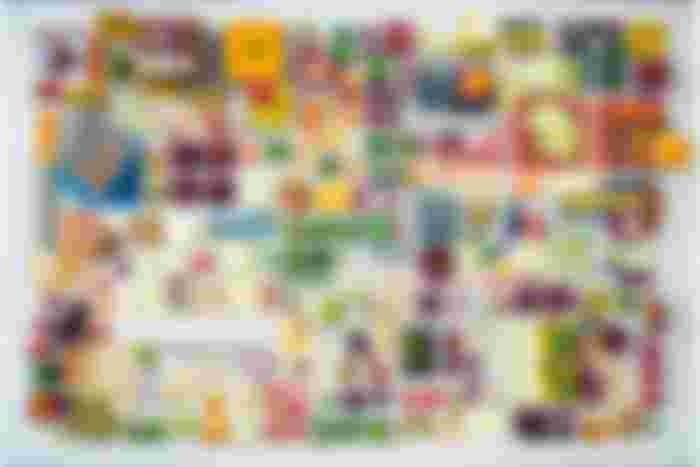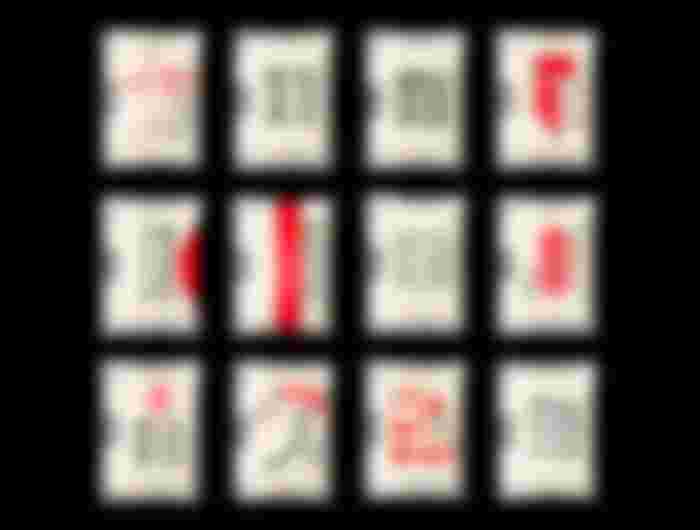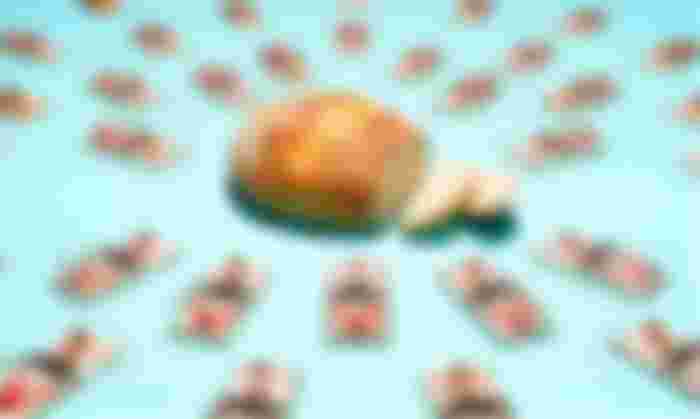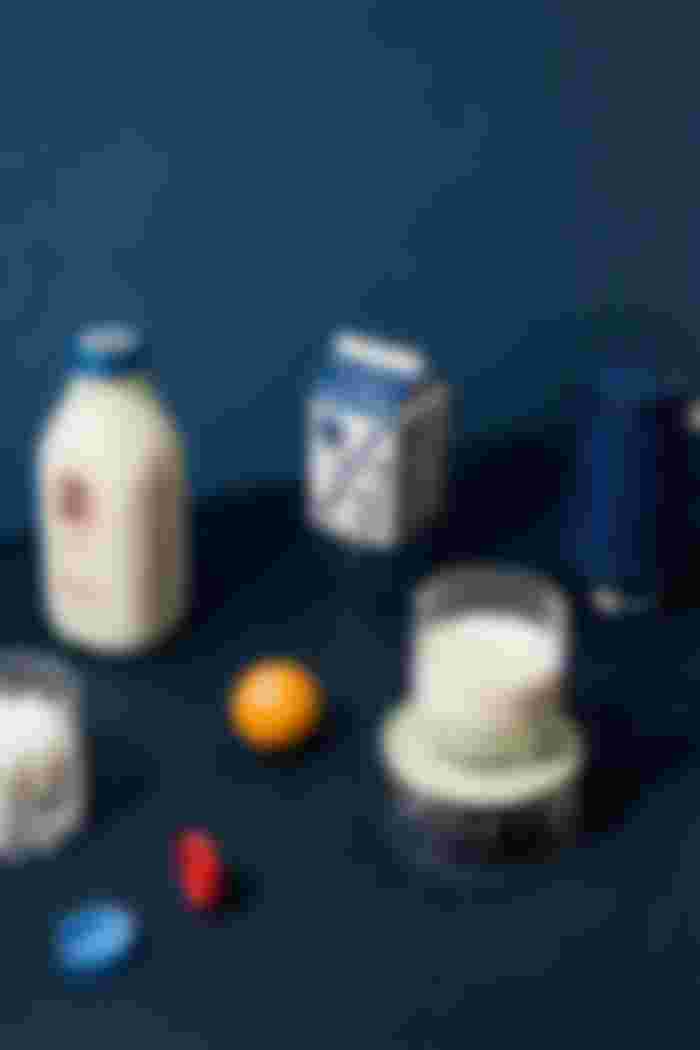🌎
We continue our research on the global wasting of food. We like to know ugly numbers, even if we don’t like food waste at all. Last time we counted ugly fruit and vegetables. In this part, we’re going to focus on “ugly” cereals, dairy, meat, fish, and seafood.

So, across the world, we are currently producing 4,678 million tons of food, but wasting one-third of it each and every year (BCG, 2018). That’s crazy. Food waste is a major contributor to climate change. And yes, food waste is the world's dumbest problem. Watch this one:
Ugly Rice
It makes up over half of the wasted cereals in Japan, China and South Korea, and 72% of lost or discarded cereals in South and Southeast Asia – a total of 149.7 million tons (FAO, 2013).

Ugly Bread
The UK wastes around 20 million slices every day (WRAP, 2020). In Germany, up to 19% of the production ends up in the bin – this means up to 1.7 million tons per year, equaling to 398.000 hectares of agricultural land – larger than the island of Mallorca – and 2,46 million tons of emissions wasted in the process (WWF, 2018).

In the Netherlands, 435 thousand loaves are thrown away a day, accounting for 127 million kilos of bread per year (BroodNodig, 2019), while another study has found that 25% of consumers do not finish their bread before it goes off (Opinium Research, 2015).

Ugly Yogurts
17% of all yogurts go to waste, equaling to 1.5million tons thrown away annually. 50% of the yogurts thrown away by consumers are in unopened packaging (Chr. Hansen, 2019).

Ugly Milk
90% of UK milk waste occurs in households with 290,000 tons thrown away every year. This equates to more than 490 million pints of milk as a nation – or eighteen and a half-pint per household (WRAP, 2018).

Ugly Drinks
Drinks. The next most popular food type that people waste in the UK. 15% of fizzy drinks, fruit juice, and smoothies are going off somewhere. (Wrap – 2020 Study).

Ugly Meat
Households are wasting around 570,000 tons of fresh meat each year, with a value of £1,300 million, and nearly half of it could be used. That's about 50 million chickens, 1.5 million pigs and 100,000 beef cattle. Globally it's close to 12 billion animals: an extraordinary number of living creatures born just to be wasted (Oakeshott & Lymbery, 2014).

Chicken is the most popular meat in the United Kingdom, however, we still end up throwing away 120 million of them each year. (Wrap – 2020 Study).
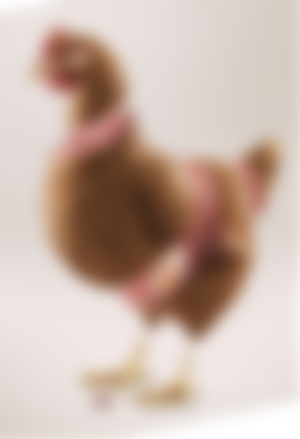
Pork, ham and bacon also fall into the top 10 most wasted food & drinks items by UK households. (Wrap – 2020 Study).

And what about cows? If you haven't seen it yet, watch Cowspiracy on Netflix. It may be the most important film made to inspire saving the planet (Louie Psihoyos, Oscar-Winning Director).
Ugly fish & seafood
If you’re interested in ugly fishy numbers, you can watch another movie in foodspiracy style. It’s a Netflix documentary Seaspiracy that hit screens this spring. The film examines the global fishing industry, challenging notions of sustainable fishing, and showing how human actions cause widespread environmental destruction.
8% of fish caught globally is thrown back into the sea (most cases they are dead, dying, or badly damaged) and this equals to almost 3 billion Atlantic salmons (FAO, 2018)

Industrial fisheries alone are responsible for dumping nearly 10 million tons of perfectly good fish back into the ocean each year—enough to fill 4,500 Olympic-sized swimming pools (Zeller et al., 2017)

As much as 2 billion pounds of fish are discarded by fisheries in the United States each year, hindering the recovery of depleted stocks and with a value of at least $1 billion annually (Oceana, 2014)

One in three fish caught around the world never makes it to the plate, either being thrown back overboard or rotting before it can be eaten (FAO, 2018).

The first part of *Ugly Numbers* (about ugly fruit and vegetables) is here: https://read.cash/@FOODMENT./food-waste-i-ugly-numbers-4c8fae31
